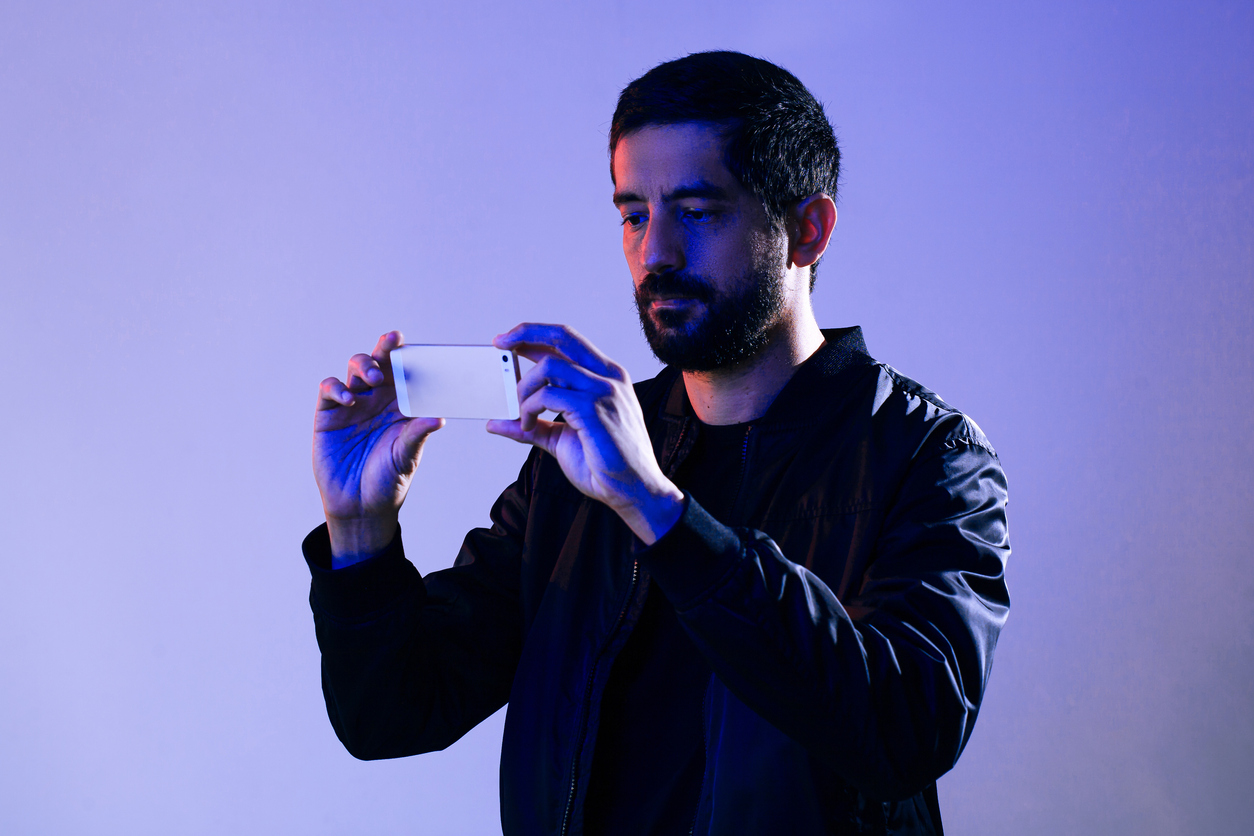
Since the advent of smartphones equipped with cameras, any person can act as an amateur journalist or documentarian, capturing the events — and people — around them. This is all fine and well until an emergency situation occurs, and bystanders surround the site with phone in hand. Needless to say, the presence of a camera often causes discomfort for anybody who’s simply trying to do their job. This becomes a problem when the job in question is firefighting. In a situation like this, should a firefighter intervene and request that a civilian stop filming? Consider the following four factors when you’re deciding how to handle invasive videographers.
Whether Their Safety Is at Risk
In many cases, amateur filmographers will attempt to get as close to the action as possible. In this circumstance, it is often necessary to ask the individual to leave for one simple reason: their safety is likely at risk. In fact, hovering in the vicinity of a fire is almost always a safety risk for civilians, and it is the duty of every firefighter to protect civilian safety. For this reason, it is entirely reasonable for a firefighter to politely request that an individual stop filming and leave the area.
The Existence of a Crime Scene
Another reason why a civilian may need to leave is the potential existence of a crime scene. In such circumstances, firefighters and law enforcement may be in the process of preserving and collecting evidence, and the presence of a civilian who’s filming may expose sensitive information. People are prohibited from accessing crime scenes for a reason, and even if the person is not physically approaching the scene, filming it poses a major legal liability that should be avoided.
Security of the Site Perimeter
Of course, firefighters’ ability to do their job is the most important consideration when dealing with civilians who are filming. In many cases, these individuals may approach the scene of the fire and interfere with the firefighters who are attempting to resolve the problem. It’s imperative that a secure perimeter be established that allows first responders to work without worry of bumping into people who are encroaching on the scene. Without a secure perimeter, a firefighter’s ability to do their job can be seriously inhibited.
Potential Consequences of Interaction
Unfortunately, you must always take into account the potential reaction of a civilian who is asked to stop filming. In some cases, they may lash out or become confrontational, which will only worsen the situation. Many civilians believe that their First Amendment rights to freedom of speech entitles them to film without intervention. People who are strongly convicted of this idea will likely respond poorly to any request that they stop. It is important, then, to weigh the potential consequences of an interaction with a civilian.
About Provident Fire Plus
At Provident Fire Plus, we offer custom-tailored packages to best protect firefighters and volunteer firefighters. We understand the risks that emergency response teams are subjected to on a daily basis, and have worked to serve these dedicated professionals for over 87 years. For more information about our products and policies, we invite you to contact our experts today at (855) 201-8880.

